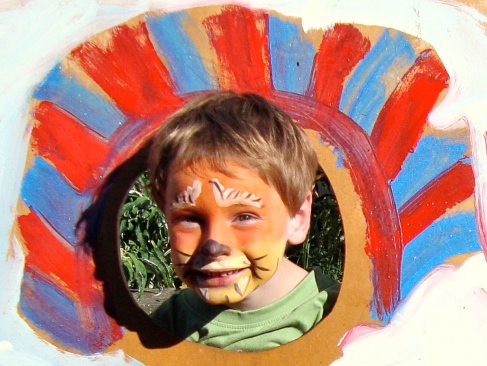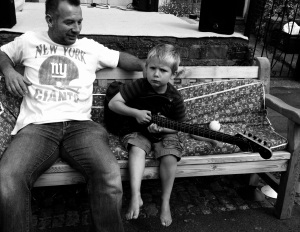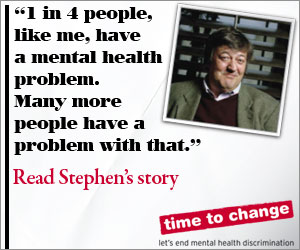Have you ever felt that you were just a bit more sensitive than those around you? A pint of beer leaves your head  swimming. A cup of strong coffee sends you through the roof. Itchy socks have to be replaced. Sometimes all you want is to be on your own, in a dark, quiet room. And of course you feel guilty and a failure for wanting this. You feel that there is definitely something “wrong” with you.
swimming. A cup of strong coffee sends you through the roof. Itchy socks have to be replaced. Sometimes all you want is to be on your own, in a dark, quiet room. And of course you feel guilty and a failure for wanting this. You feel that there is definitely something “wrong” with you.
So here is the good news. Maybe there is nothing wrong with you. It could be that you are one of the 15-20% of the population that has a very finely tuned nervous system, and are what has become known as a Highly Sensitive Person (HSP). The concept was first talked about in the mid-1990s by Drs. Elaine and Arthur Aron. Elaine Aron went on to write the international best seller ‘The Highly Sensitive Person: How To Thrive When The World Overwhelms You‘.
Having felt easily overwhelmed since childhood, the idea had real resonance for me. It also explains why hot, cold, alcohol, any external stimulus seemed to affect me more than others. I can now proudly call myself an HSP.
Elaine Aron developed a simple questionnaire to help you determine whether you are an HSP. Try the questionnaire here.
The Pros  and Cons
and Cons
The Pros: HSPs are extremely sensitive on all levels which makes them empathic, creative and highly attuned to what is going on around them. They make great therapists, artists, musicians, but also visionary leaders – their highly attuned senses making it easy for them to understand other people and situations.
The Cons: This same sensitivity can make the world an overwhelming experience to the HSP, where too much information can be received by the person. This can lead to burnout and exhaustion.
The cynical amongst you may say that everybody is sensitive and we could all do with some decent downtime in an increasingly frazzled world. I think this is definitely true, but there does appear to be a scientific consensus that the HSP does actually exist on a biological level too.
I enjoy working with HSPs and often find that helping clients reframe their life, allowing for their individual gifts and weaknesses leads to a much more satisfying life. If you suspect you could be an HSP, or just feel frazzled in a busy world, please do contact me.
© 2016 Arieh Kronenberg






